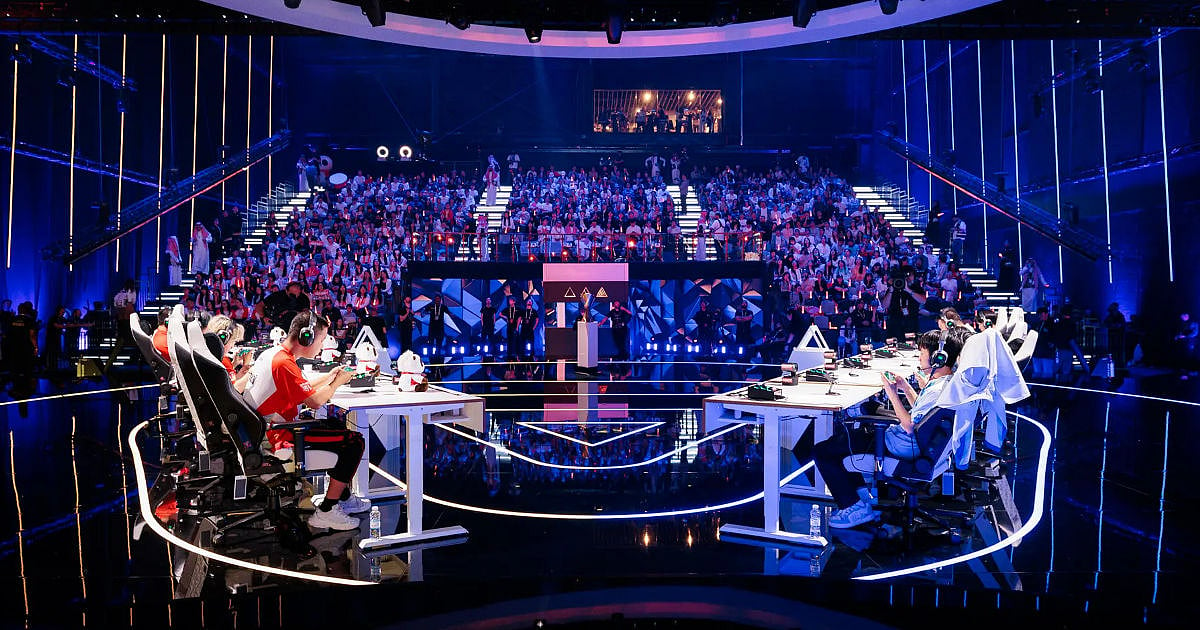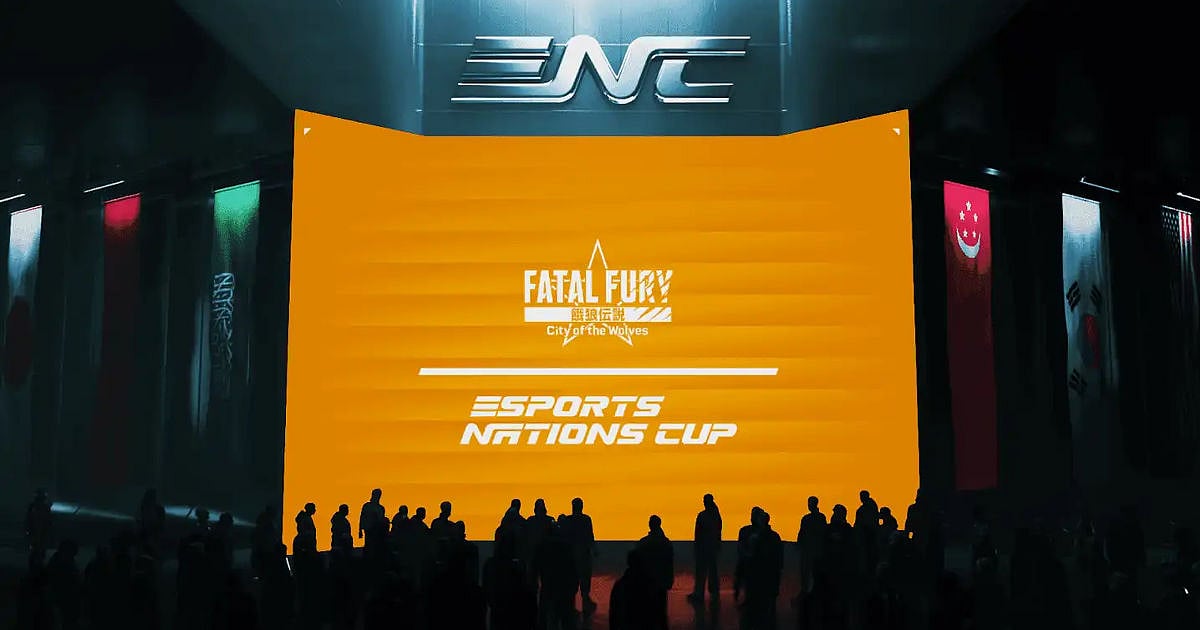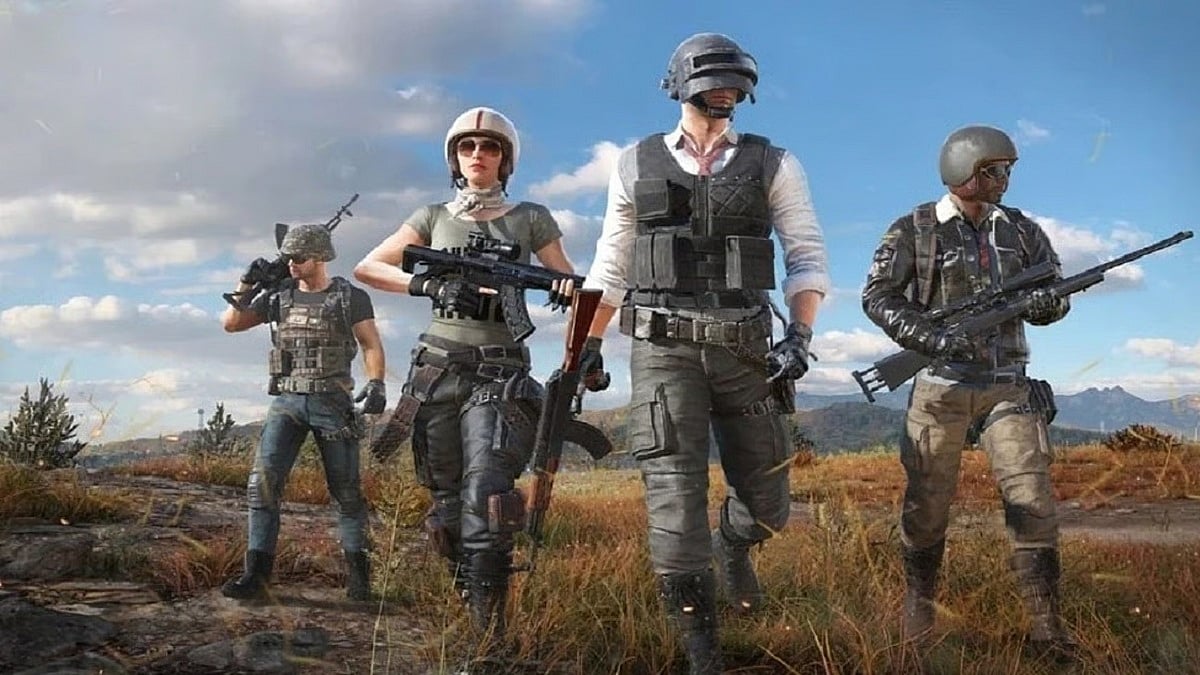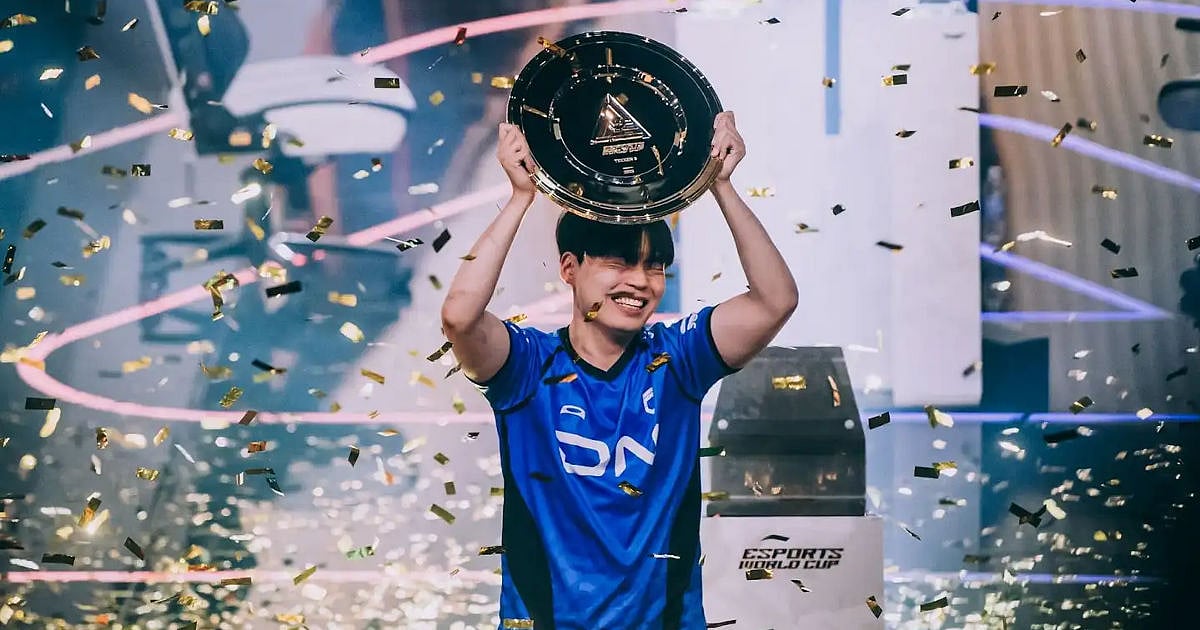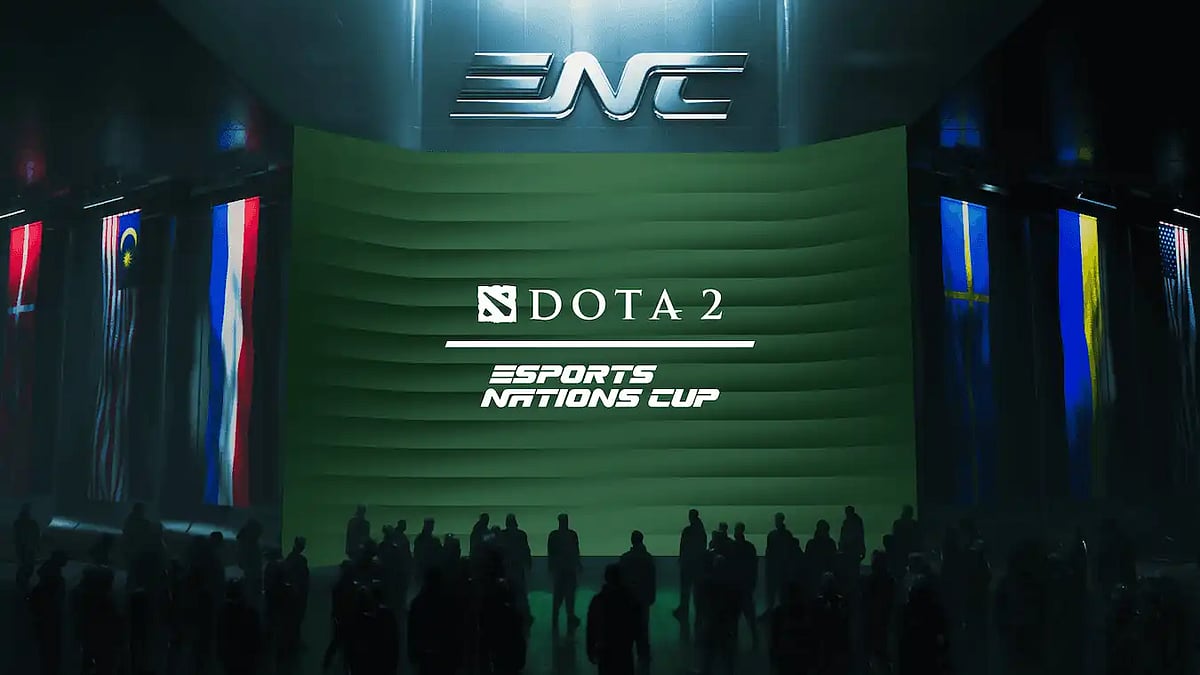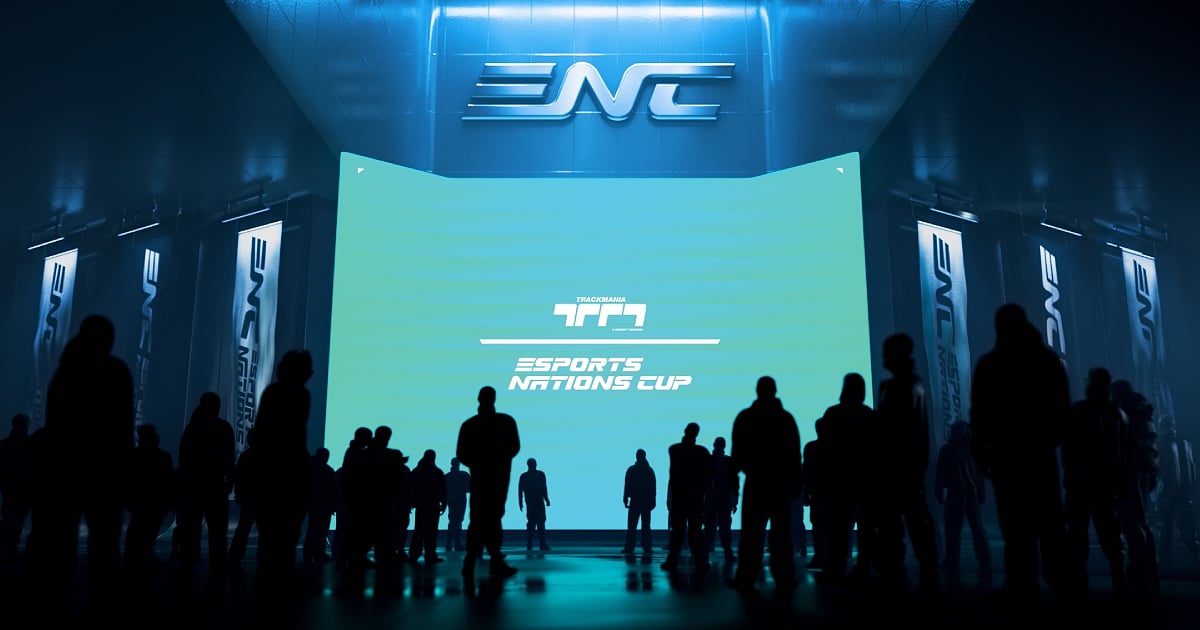
Supreme Court set to deliberate petitions challenging the Online Gaming Act’s blanket ban.
SC Online Gaming Act Hearing Likely To Take Place On Oct 7
- Multiple petitions challenging the Promotion and Regulation of Online Gaming Act, 2025, have been transferred to the Supreme Court.
- October 7 is a possible hearing date, but has not yet been confirmed by the Court’s official cause list.
- Petitioners cite conflicts regarding constitutional rights and skill-vs-chance rulings; govt defends Act as consumer protection.
In early September, a bench of Justices J. B. Pardiwala and K. V. Viswanathan ordered the transfer of multiple cases pending in the Delhi, Karnataka, and Madhya Pradesh High Courts to the Supreme Court. The move followed the Union government’s plea that fragmented litigation could create conflicting rulings and regulatory uncertainty.
All related records are being digitally transferred to the apex court, which has clarified that no other High Court can entertain fresh challenges to the Promotion and Regulation of Online Gaming Act, 2025. By assuming jurisdiction, the Supreme Court has positioned itself to decide the legality of the controversial law.
What the Act Says
Enacted in August with Presidential approval and scheduled to take effect on October 1, the Online Gaming Act bans all forms of “online money games,” regardless of whether they are games of chance or skill.
The law imposes hefty fines and potential jail terms for violators. This marks a departure from earlier judicial precedents where the Supreme Court had recognised skill-based games such as rummy and poker as distinct from gambling.
Petitioners’ Arguments in Court
Several gaming companies and industry bodies, including Head Digital Works (A23), Clubboom 11 Sports and Entertainment Pvt. Ltd., and Bagheera Carrom (OPC) Pvt. Ltd., have filed constitutional challenges to the Promotion and Regulation of Online Gaming Act. They argue that Parliament has exceeded its powers since gambling and betting fall under the State List. Petitioners also say the law violates fundamental rights under Articles 14, 19(1)(g), and 21 by criminalising legitimate businesses and livelihoods.
Industry stakeholders warn that the blanket ban ignores years of investment in India’s fantasy sports and esports sectors. They say the move has already forced several platforms to halt operations and could push users toward unregulated betting networks. During preliminary hearings, lawyers for the petitioners told the court that businesses have been left with no option but to shut down since the law came into effect.
Government’s Position on the Act
The Union government insists the Act is designed to protect vulnerable consumers from predatory gaming practices. Officials cite rising cases of debt, addiction, and even suicides linked to real-money gaming apps.
By refusing to distinguish between games of chance and skill, the government argues it is closing loopholes that companies have exploited to operate in a grey legal zone. Union Minister Ashwini Vaishnaw has also indicated that consultations with industry players will continue to smooth the implementation.
Supreme Court Deliberation on Online Gaming Act
Petitions challenging the Promotion and Regulation of Online Gaming Act are expected to be heard in the Supreme Court, with reports pointing to an October 7 listing, though the registry has not yet issued a formal cause list. The case is likely to examine the ban’s validity, federalism, consumer rights, and the balance between regulation and innovation in India’s gaming sector. Key aspects include a confirmed hearing date and the possibility of interim relief, such as a stay on penalties.
A key question is whether the Court’s review will be confined to online gaming or extend to broader constitutional matters The eventual ruling could either reinforce the government’s prohibitionist stance or pave the way for a regulated skill-gaming ecosystem, shaping the sector’s future.
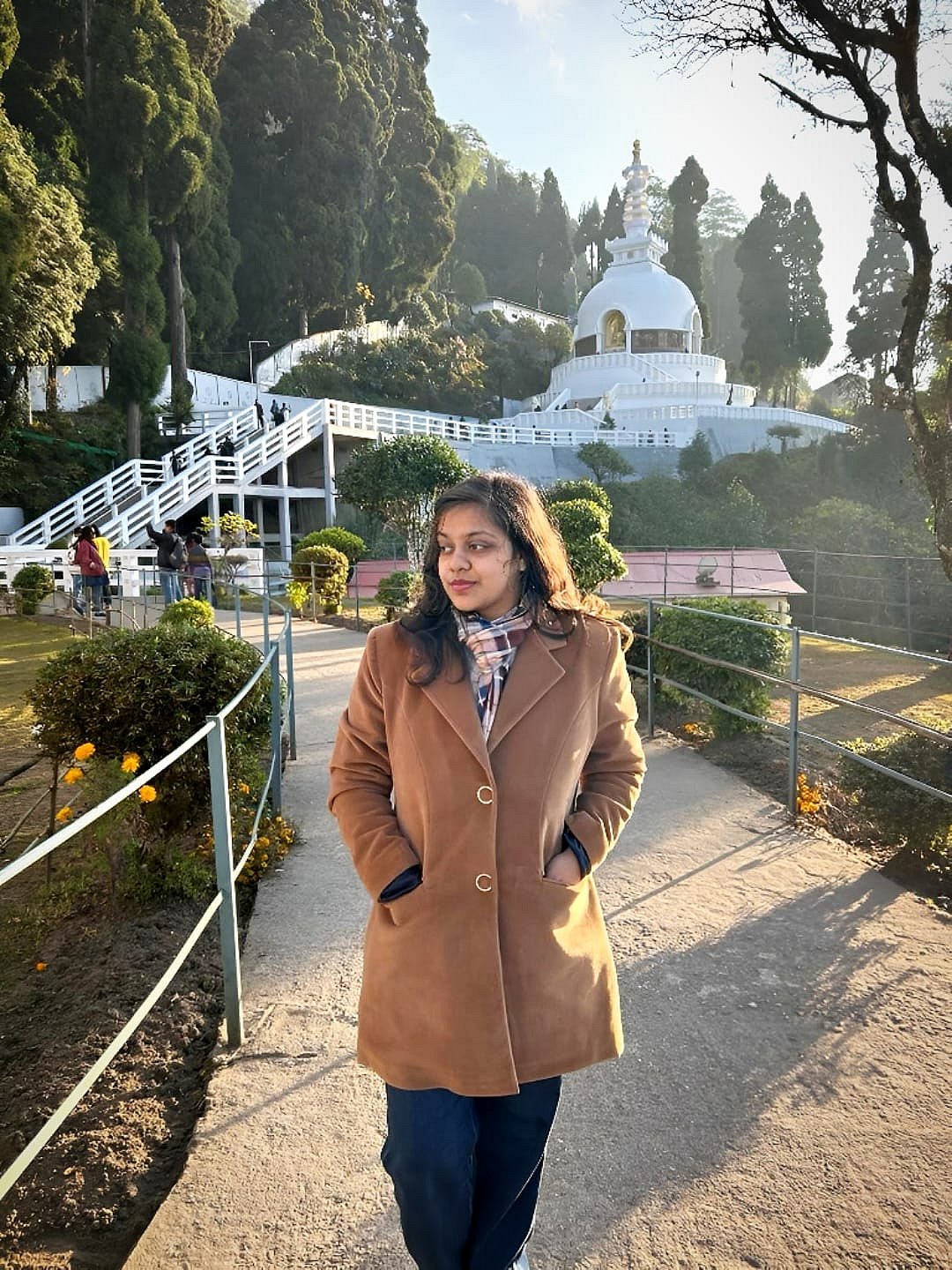
Author
Diya Mukherjee is a Content Writer at Outlook Respawn with a postgraduate background in media. She has a passion for writing content and is enthusiastic about exploring cultures, literature, global affairs, and pop culture.
Related Articles
